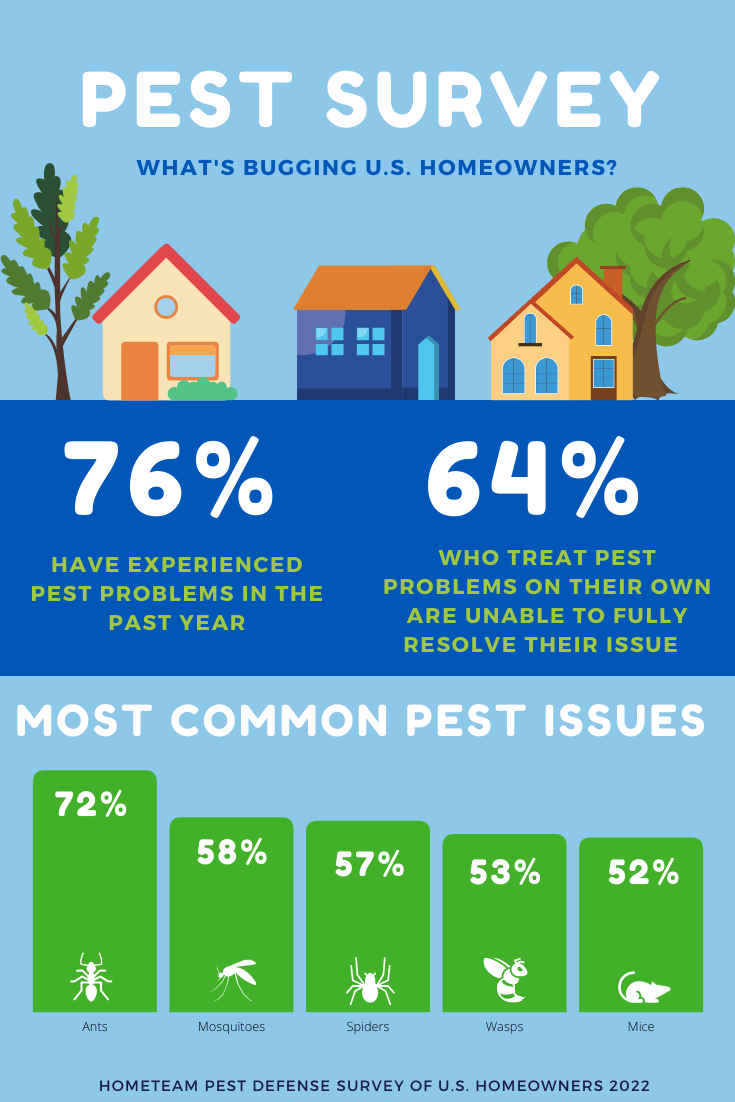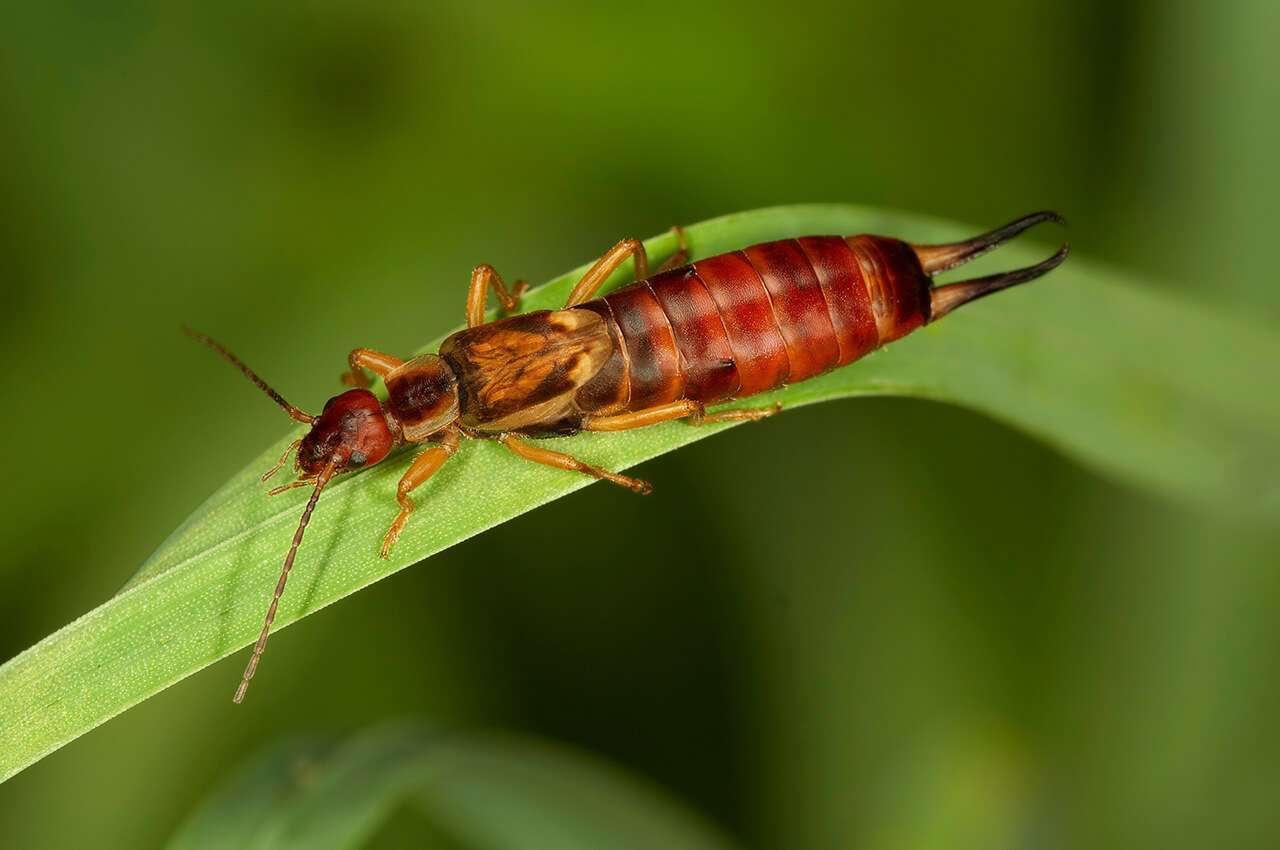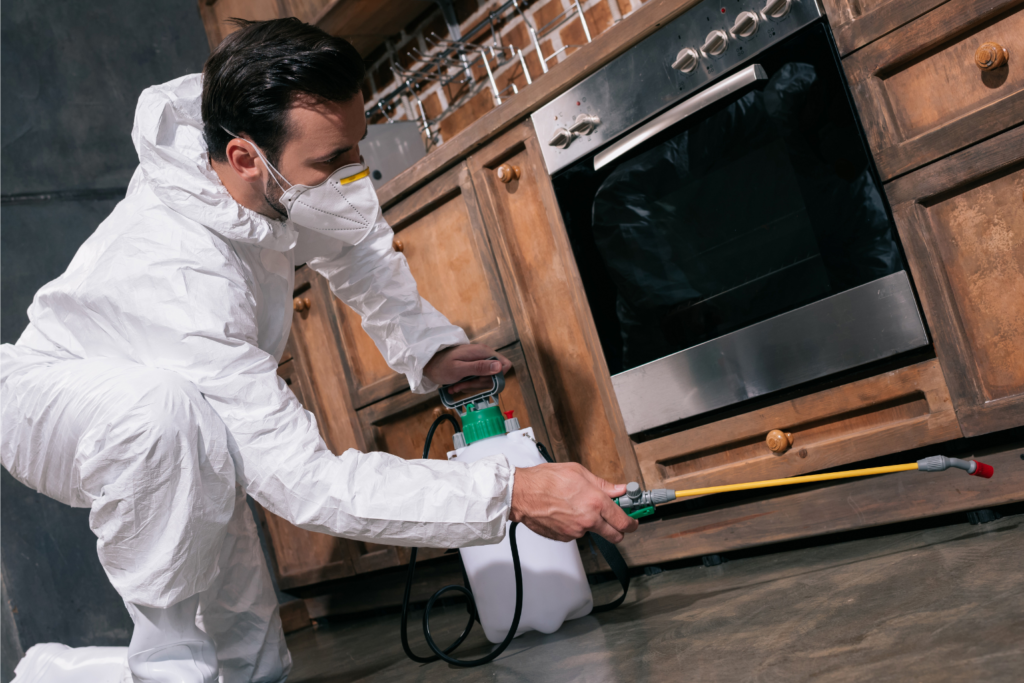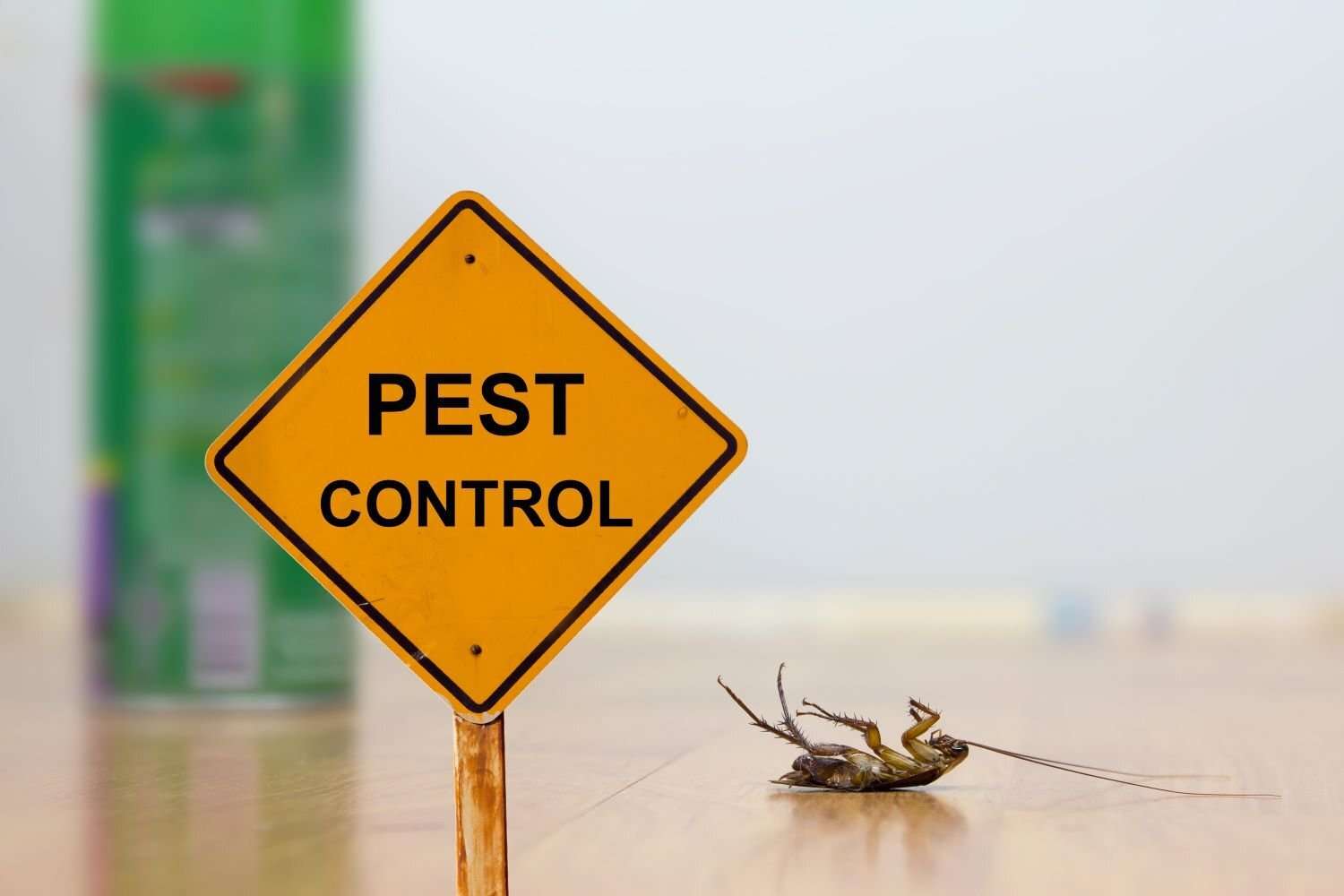Get the Bugs Out | Pest Control Issues
Get the Bugs Out | Pest Control Issues – When you notice the first signs of pests around your home, it’s not just a nuisance—it’s a call to arms. Whether it’s the soft rustle in your attic hinting at rats, the subtle line of ants marching through your kitchen, or weeds that sprout faster than you can pull them out, each pest issue is a battleground for homeowners. But fear not! This guide arms you with knowledge and strategies to tackle these invaders effectively.
Key Takeaways
- Identify Before Acting: Know your pest or weed to choose the correct action.
- Consider Non-Chemical Methods: Options exist that are effective and safer for the environment.
- Hire Professionals When Necessary: Sometimes the infestation is best handled by experts.
- Follow Up: After initial treatment, prevention is crucial for long-term control.
Understanding Pest Issues for Homeowners
Pest issues can range from minor annoyances to significant threats to your home’s structure and your family’s health. Understanding what you’re dealing with is the first step in effective pest management. Each pest has its peculiarities, and handling them can vary significantly from one to another.
Mice, Rats, and Other Wildlife
Rodents and wildlife can be more than just a nuisance; they can pose serious health risks and cause structural damage to your home. Key strategies include sealing entry points and maintaining clean, uncluttered environments to deter nesting (Oregon State – Solve Pest Problems).
Insects and Arachnids
From ants and spiders to more damaging species like termites, each requires a different approach. For termites, professional extermination and structural repair are often necessary to prevent long-term damage (Oregon State – Solve Pest Problems).

Weeds and Unwanted Vegetation
Garden and lawn care can often feel like a full-time job with weeds and invasive species. Physical removal and eco-friendly options like mulching can help manage these issues without resorting to harsh chemicals (Oregon State – Solve Pest Problems).
Non-Chemical Solutions for Pest Control
Opting for non-chemical solutions can be both effective and less risky for your health and the environment. Here are a few methods:
- Physical Barriers: Such as screens or fences, can prevent pests from entering your home or garden.
- Biological Control: Using natural predators or beneficial insects can help control pest populations naturally.
- Cultural Practices: Simple changes in how you care for your yard or home can reduce pest issues, such as proper lawn care and moisture control (Oregon State – Solve Pest Problems).
Hiring a Professional Pest Control Service
When the situation is beyond simple home remedies, it’s wise to call in the professionals. A licensed pest control service can offer more thorough and effective solutions, especially for persistent or large-scale infestations (Oregon State – Solve Pest Problems).
Verify Credentials: Always check that the pest control service is licensed and insured. This ensures that they are up-to-date on safe and effective pest control methods (Oregon State – Solve Pest Problems).
Integrated Pest Management (IPM): Many professionals use IPM techniques, which include a combination of biological, cultural, physical, and chemical tools to minimize the risks and impacts of pest control activities (Oregon State – Solve Pest Problems).

Tables of Pest Types and Control Methods
To help you understand the variety of pests and the recommended control methods, here’s a brief overview:
| Pest Type | Recommended Control Method |
|---|---|
| Rodents | Traps, exclusion, cleanliness |
| Insects (General) | Insecticides, baits, physical barriers |
| Termites | Professional extermination, repairs |
| Weeds | Mulching, manual removal, ground covers |
Remember, every pest problem is unique, and the best approach is one that not only addresses the immediate issue but also prevents future infestations. Stay vigilant and proactive in your pest control efforts, and you’ll keep your home safe and sound!
Preventative Measures for Long-term Pest Management
Effective pest control doesn’t stop at the elimination of current pests; it involves taking proactive steps to prevent future infestations. Here’s how you can safeguard your home:
Regular Inspections
Conducting regular inspections of your home’s exterior and interior can catch signs of pests early, before they become a bigger problem. Look for entry points like cracks in the foundation, gaps around doors and windows, and any other openings that pests could use to enter (Oregon State – Solve Pest Problems).
Landscape and Yard Maintenance
Maintain your yard to reduce pest attraction. Keep grass cut, eliminate standing water, and trim bushes and trees away from the house. This discourages pests from settling near your home and potentially moving indoors (Oregon State – Solve Pest Problems).
Moisture Control
Many pests are attracted to moisture, so it’s crucial to fix leaks and ensure good drainage around your home. Proper ventilation in attics, basements, and crawl spaces is also vital to keep these areas dry and less inviting to pests (Oregon State – Solve Pest Problems).

Choosing the Right Pest Control Products
When DIY methods aren’t enough, choosing the right pest control products becomes essential. Here’s what to consider:
Safety First
Opt for products that pose the least risk to your family and pets. Always read and follow label instructions carefully to minimize exposure to harmful chemicals (Oregon State – Solve Pest Problems).
Effectiveness
Select products specifically designed for the pests you are dealing with. General-purpose products might not be effective against all types of pests, so targeted solutions are usually best (Oregon State – Solve Pest Problems).
Environmental Impact
Consider the environmental impact of the products you use. Look for options that are labeled as eco-friendly or that have a reduced risk of affecting non-target wildlife and plants (Oregon State – Solve Pest Problems).
Frequently Asked Questions
How often should I inspect my home for pests?
Inspect your home at least twice a year, during spring and fall, when pests are most active. Additional inspections might be necessary if you live in areas with high pest activity or after extreme weather events.
What are some natural remedies for pest control?
Natural remedies can include diatomaceous earth for insects, peppermint oil for spiders, and vinegar for ants. These solutions are safer for use around children and pets and can be effective for mild infestations.
Can I handle a major pest infestation myself?
For minor infestations, DIY solutions can be effective. However, for larger or more persistent problems, it’s advisable to contact professional pest control services. They have the expertise and equipment to handle significant infestations more effectively.
What should I do if I find termites in my home?
If you find termites, it’s crucial to contact a professional pest control service immediately. Termites can cause significant structural damage, and professional treatment is usually necessary to fully eradicate them and prevent future infestations.
By incorporating these strategies into your routine, you can maintain a pest-free home more effectively. Remember, the key to successful pest control is consistency and prevention. Regular maintenance and proactive measures are your best defense against the threat of pests.

